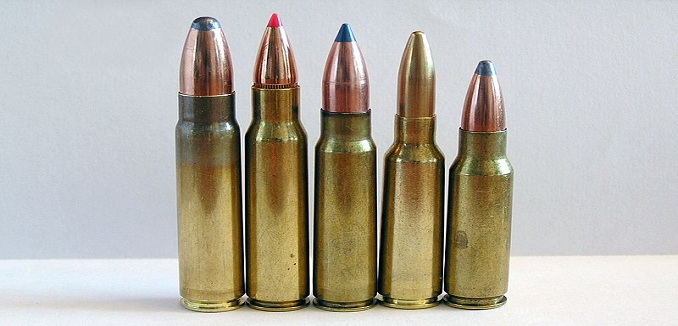Iran is attempting to expand its influence into impoverished African nations by funneling ammunition and supplies to state actors and terror-linked rebel groups throughout the continent, fueling ethnic conflict and government repression. A recently published expose in The New York Times reporting on a global Iranian arms network stretching from Afghanistan to Africa comes as concerns deepen that Tehran is projecting power and fomenting unrest using a variety of diplomatic and military tactics.
The New York Times report provides details on Tehran’s role in supplying the weapons for low-level government violence and ethnic conflict in the Ivory Coast, Niger, the Democratic Republic of Congo, Sudan, and Afghanistan. The small arms, created without any marks to indicate origin, have been linked to “spectacular examples of state-sponsored violence and armed groups connected to terrorism.”
Ammunition of Iranian origin was recently intercepted en route to the Gaza Strip, which is controlled by the Palestinian Iranian proxy Hamas. The terror group is attempting to rebuild after an eight-day conflict with Israel saw its military leadership severely degraded and its stockpile of advanced weapons almost completely eliminated. The aftermath of the campaign, which Israel dubbed Operation Pillar of Defense, secured a month-long cessation in rocket fire from the Gaza Strip not seen since at least 2004. Nonetheless, Hamas officials have attempted to claim victory, in part by crediting Iran for assisting the group and incentivizing Tehran to amplify the message.
Iran’s increasingly open interference in Africa and the Near East echoes its campaigns for increased influence – and territory – in the Gulf. At a meeting last month of the Gulf Cooperation Council, a top Bahraini official described the situation with Iran as one in which “politically, (there is) lots of meddling in the affairs of GCC states; an environmental threat to our region from the technology used inside nuclear facilities; and there is of course the looming nuclear program.” Iran claims all of Bahrain as an Iranian province.
The GCC also issued a joint communique last month blasting “continuing Iranian interference” in their internal affairs, accusing Iran of fomenting unrest among Shiite populations in the region, and criticizing Tehran for pressing territorial claims against Arab states. The statement urged action regarding Tehran’s atomic program, widely suspected of including a clandestine weaponization component. The UAE and Saudi Arabia have publicly and privately urged military action to prevent Iran from acquiring nuclear weapons.
[Photo: Kalashnikov / Wikimedia Commons]




